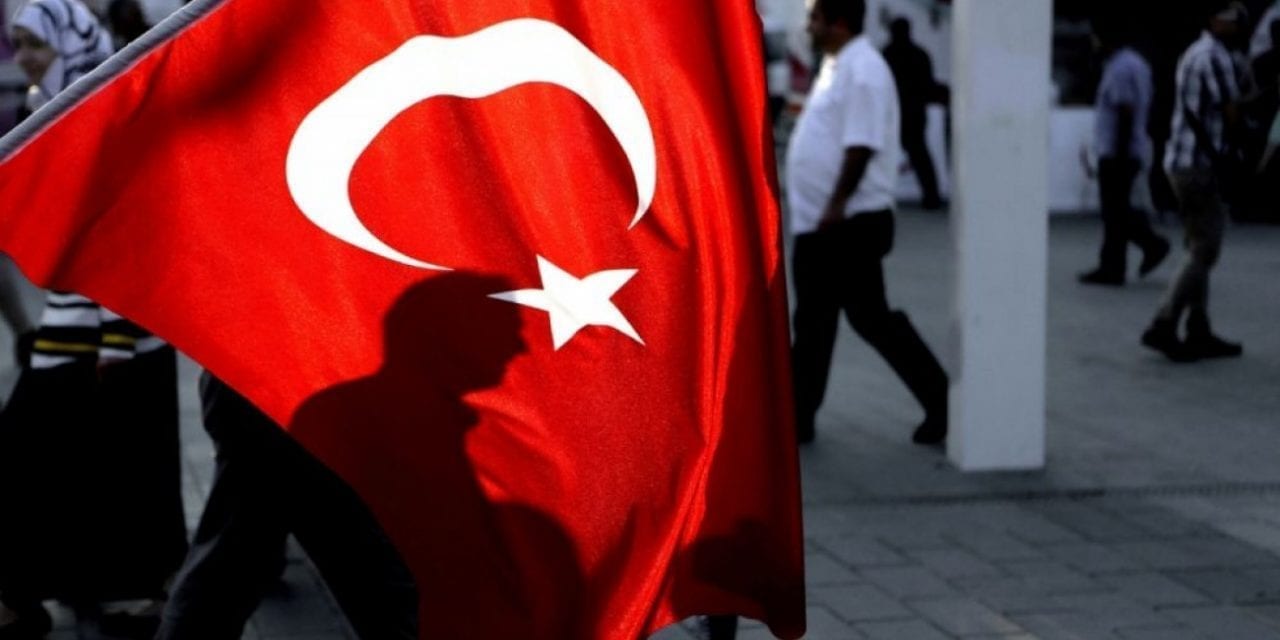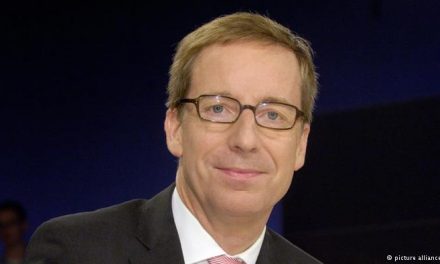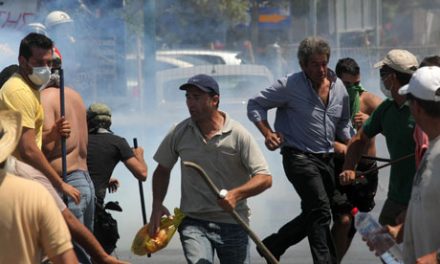By NURAY MERT, Hurriyet Daily News
Parliament has now approved the snap election call of President Recep Tayyip Erdoğan, and June 24 is set to be Turkey’s “final election.” It is not just me defining it as such, it is ruling party politicians and their supporters in the media who stress that the vote will no “ordinary” election but a definitive moment to change the entire system.
I have written many times that Turkey is currently in limbo, with the old system ended but the new one not yet established, and that the next election would be a vote on regime change. Last week, that was confirmed by the highest authority, with Erdoğan justifying the reason for an early election as being the need to “complete the political process” that began with the April 2017 referendum.
In fact, the decisive moment was the aftermath of the July 2016 coup attempt, which marked the end of the “old” and the beginning of the “new” Turkey. The New Turkey project is not simply meant to be a change of the political system from a parliamentary to a presidential system, but a total transformation of the old republican regime. Although ruling party circles have never been clear about what is meant by the “Old Turkey,” government politicians and supporters have been clear about their grievances against secularist, pro-Western Kemalism.
Despite the fact that the Kemalist regime has long ceased to define politics in Turkey, with the official ideology shaped by right-wing political parties since as early as the 1950s, conservative/Islamist resentment has fueled by for some time by the ruling party. Now, they say, it is time to be totally awake, pushing a new official ideology. According to this ideology, the 200-year process of modernization and secularization (with the exception of the era of Ottoman Sultan Abdulhamid II) has been nothing less than historical treason against the Muslim identity of the nation. As the republican opposition considers the new presidential system to be a problem of accumulation of power in one hand and a matter of liberties, the ruling party justifies the new system in terms of the need for unconstrained authority to “correct the ills of history.”
The current criminalization of all opposition, supposedly part of an effort to undermine national survival, is not just an election strategy. It actually reflects the cornerstone of the new official ideology. As long as the “national interest” is defined along the lines of a “historic mission,” there can simply be no space for political opposition. This is the “new normal” in Turkey. The election will not be a fair contest not just because the ruling party has more means to compete and not just because there can be no free expression under emergency rule. It will also not be fair because the ruling party portrays the situation as a struggle between those who represent “national survival” and “public enemies.” Erdoğan is not portrayed as an ordinary candidate – or even as an ordinary human being – but as the hero who will save Turkey from all its enemies while also “correcting history.”
After the election there will be no chance to challenge this new official ideology. It will become the founding myth of the new era and it will be even less possible to debate the leadership of Erdoğan, who will be acknowledged not as a political figure but as the sole savior of the nation. That is why I call June 24 Turkey’s final election: The finale, the end.



















